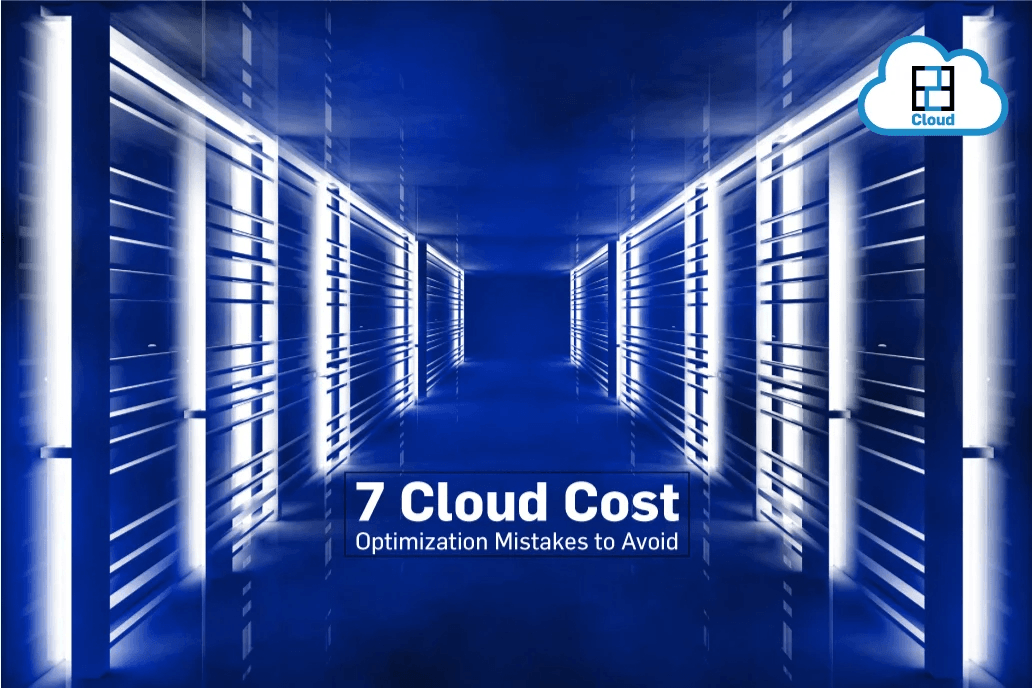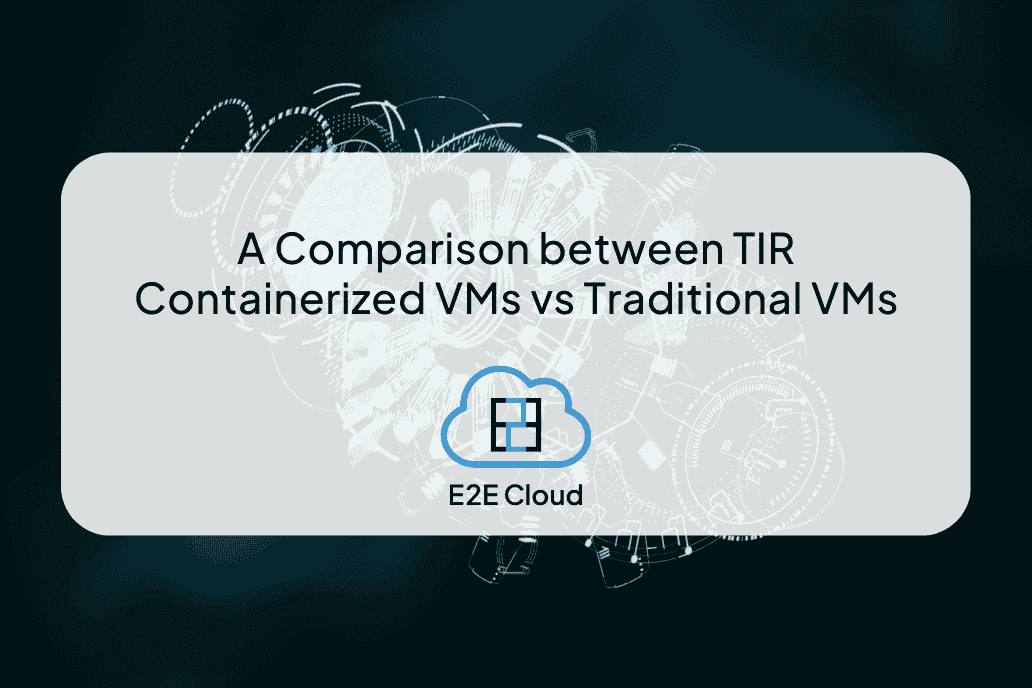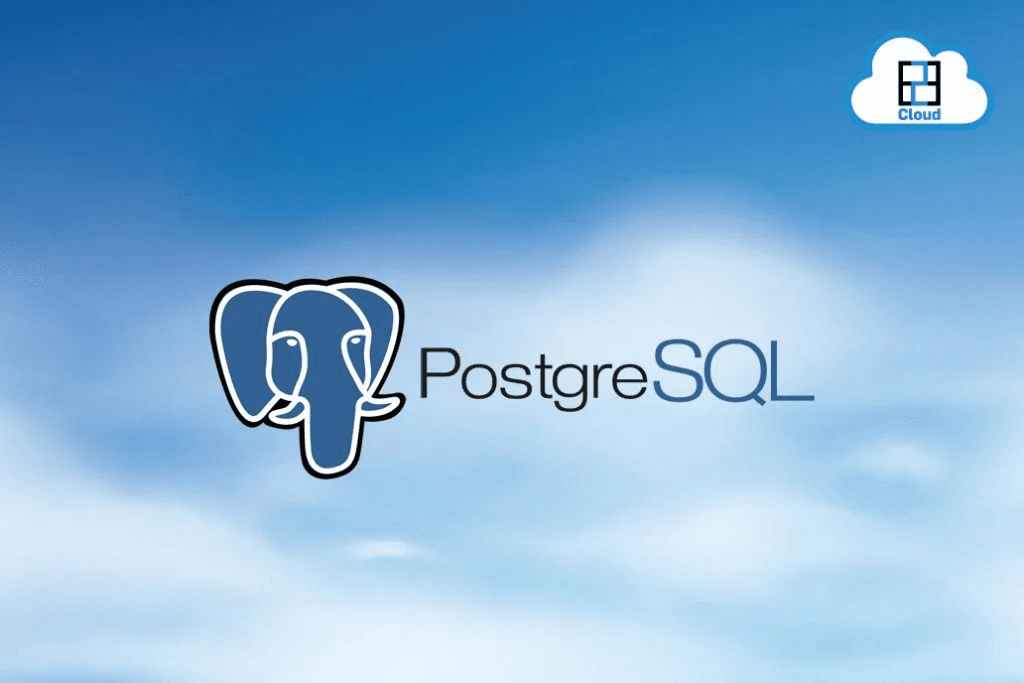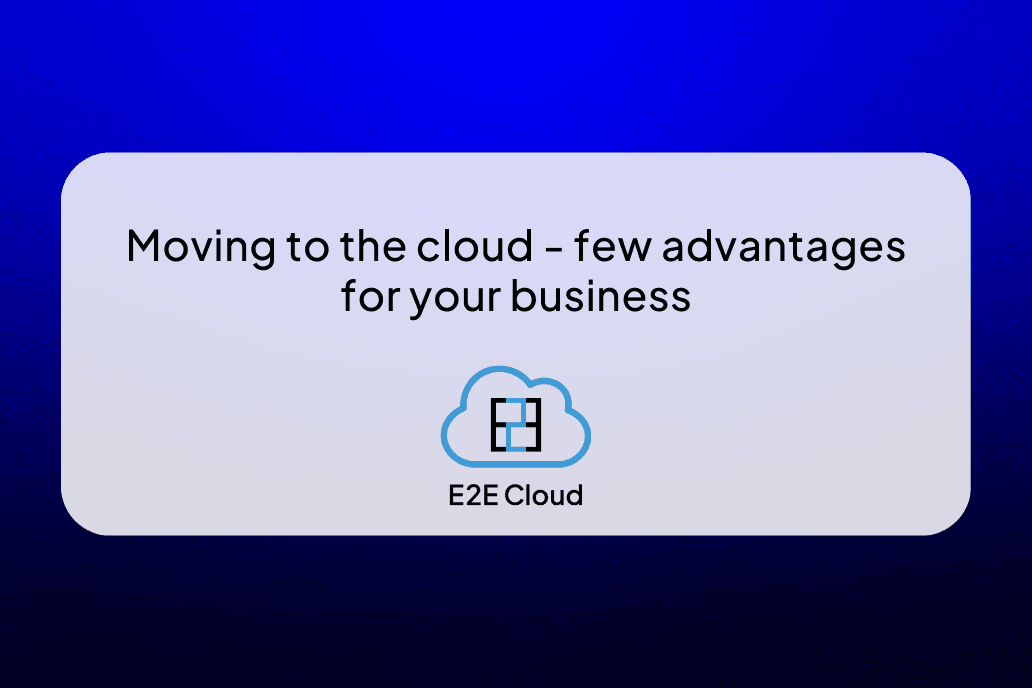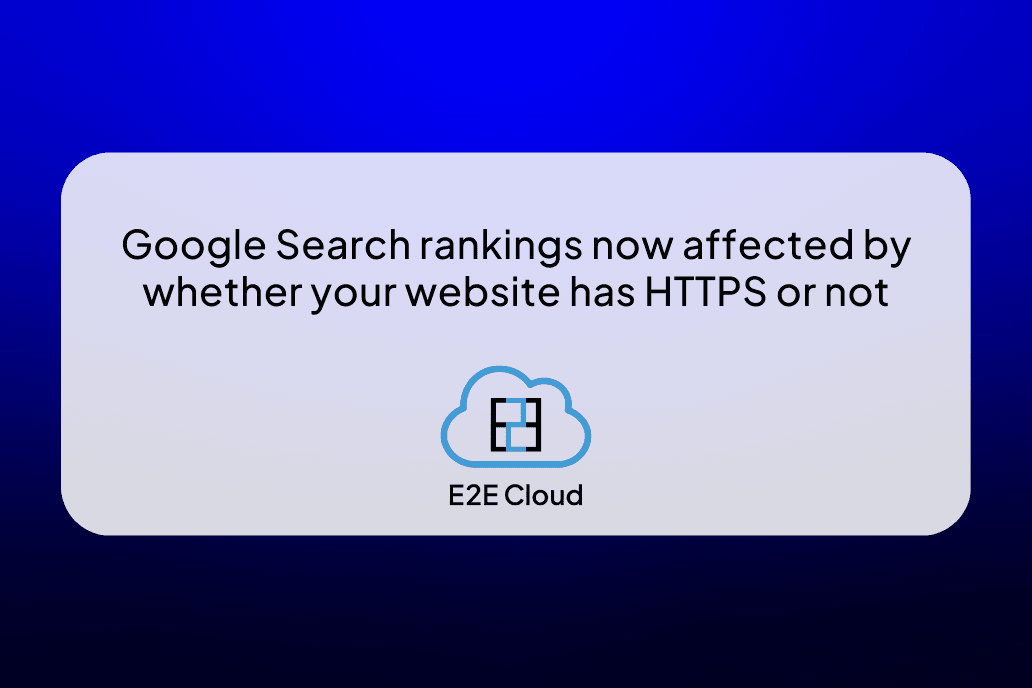Lack of E-commerce security knowledge has led to loss of $2.9 Billion in 2014 and it has been estimated that by 2021 the number will rise to $8.4 Billion. Hence, it has become utmost priority to take necessary preventive measures to keep the business safe.
Common Security Threats:
- Spam: Emails are a strong medium to reach higher numbers of sales , however, it is also a popular medium for spamming. Spamming not only makes the website vulnerable but also damages the website speed.
- Phishing : It is a popular technique to trick the clients into revealing sensitive information by showing them a lookalike copy of the official website to make the customer believe that the website is genuine. The information is then exploited by the hacker as per his benefit.
- DDos Attacks: It is an illegal attempt to disrupt the traffic of a specific server by flooding the bandwidth of that server or surrounding infrastructure. This attack overwhelms the servers with multiple incoming requests until the website crashes.
- Brute-Force attacks: This attack targets your login account to decode the password by brute force. It runs a program where all the possible combinations of passwords are used to crack the correct password.
- SQL-Injections: They come under cyber-attacks which intend to get access to the database. This is done by injecting a malicious code into the targeted database where the data is collected and then it deleted later on.
E-commerce security solutions:
- Switch to HTTPS: This protocol protects the sensitive information that users submit while logging in. These days browsers pop up a warning message before proceeding ahead when the website is insecure. Not only this, few of them block the users outrightly from accessing the website.
- Secure Servers and admin panels : Using complex passwords are always recommended where the passwords are not easy to guess. Try changing the username and passwords frequently after every interval. 2-factor authentication has made the panel more secure where one can login only once the user has been granted access from 2 different pieces of evidence.
- Antivirus and firewall: Antivirus works on complex algorithms to keep a check if some unidentified transaction is taking place. However, firewalls offer selective permeability of traffic and keep the untrusted networks away.
- SSL certificates: This certificate is necessary against phishing attacks. This makes every transaction and sensitive information like credits card details secure.
One critical failure can result in loss of huge money. Therefore, it is advisable to invest in servers which give you a high level of security for your websites. To know more check : https://bit.ly/2C8OQWu
